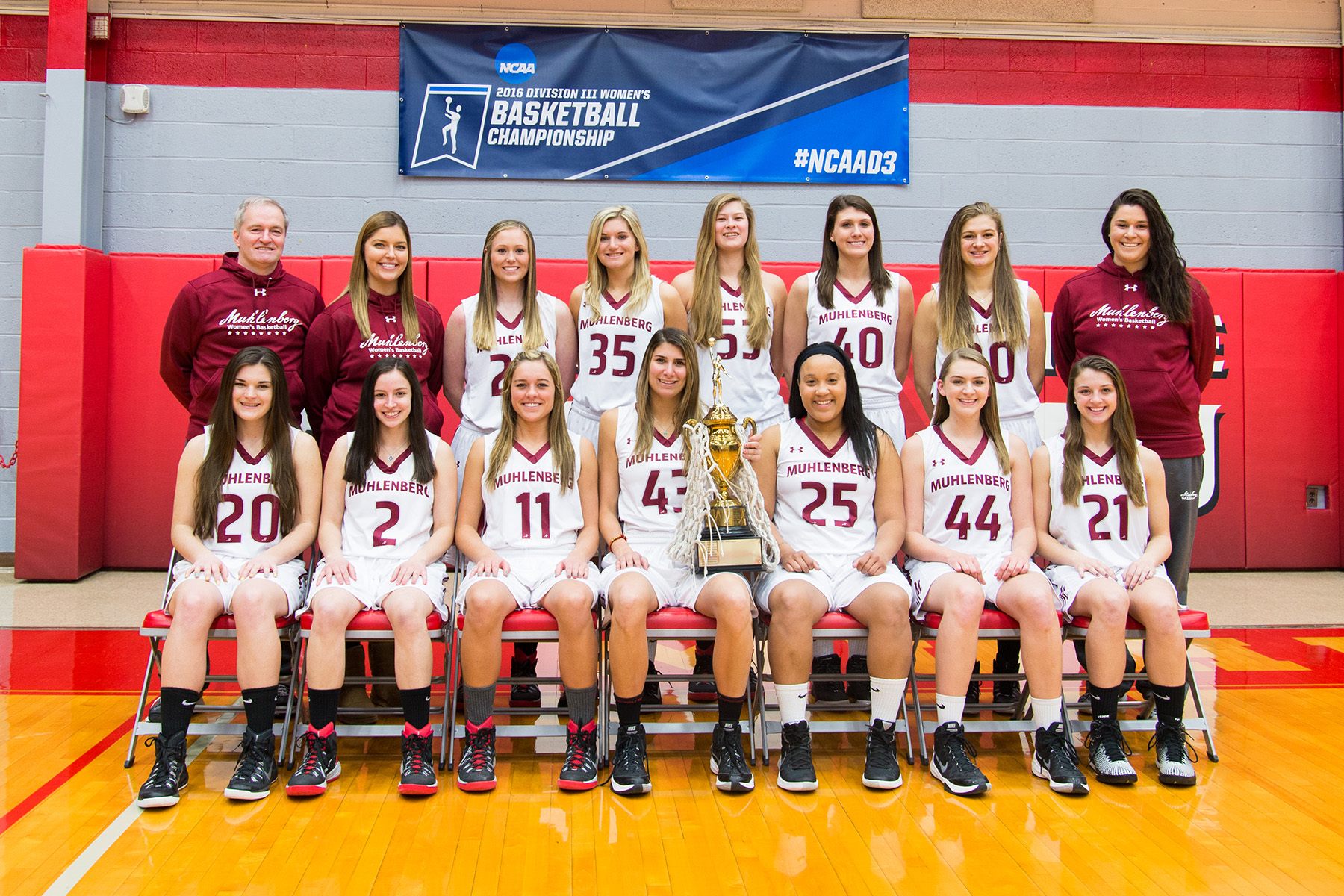The Muhlenberg Memories Project


Muhlenberg College became coeducational in 1957. That was late by some standards, early by others, particularly when compared to neighboring Lehigh and Lafayette. This virtual exhibit honors that first class of women, some of whom we hope will interact with this exhibit.
Though the presence of women on campus was repeatedly seen as an “innovation” by successive generations of administrators and students, their story has been inextricably woven into Muhlenberg’s history since the beginning, a story of resilience and determination.
In 2020, one hundred years since women gained the right to vote, one hundred years since Muhlenberg granted its first diploma to a woman, we explored the presence of additional women on campus—and their absences. From 1850, when Muhlenberg College’s predecessor, the Allentown Seminary, first opened its Female Department for the education of girls and young women, through the later decades of the 19th century, when female voices are virtually silent at the College, into the early years of the 20th century, when the Women’s Auxiliary proved that women were indispensable to the survival of the institution, we have attempted to profile some individuals and organizations that helped women learn and thrive at Muhlenberg College through the years.
This virtual exhibit originally launched as a physical one in Trexler Library in early 2020, to commemorate that important centenary for women at Muhlenberg; however, it was only a few weeks before the COVID-19 pandemic closed the library to visitors. Over the course of 2020, the Muhlenberg Memories Project team reconceived the exhibit online, adding access to resources that were unable to be shared in the original.

In the fall of 1850, the Seminary added a Female Department, under the direction of Miss Evelene Black. The need for an institution to educate girls and young women was necessitated by the closing of Mrs. Young’s Female Seminary, also in Allentown.

In 1867, as Muhlenberg College was established under the administration of the German Evangelical Lutheran Ministerium of Pennsylvania and Adjacent States, female students in Allentown found themselves without an educational institution.

In the early twentieth century, there was increasing interest on the part of local teachers in upgrading and standardizing their educations to meet the more stringent certification requirements that were being established by educational administrative bodies. In the autumn of 1909, Muhlenberg College opened the Saturday School for Teachers.

Since 1915, the Muhlenberg College Women’s Auxiliary has “further[ed] the interests of Muhlenberg College, to undertake such work as entertaining of visitors, inspection of the college, to provide for certain needs in the college, or any similar work which the Board of Trustees may suggest.”

In the decades before coeducation, women were still not included as students in the residential college, but the increasing presence of women in the workforce and in academia was felt at Muhlenberg nonetheless.

As a result of the G.I. Bill, post-war Muhlenberg saw an influx of married students.

The question of whether to make Muhlenberg College coeducational had surfaced periodically ever since the “gentleman’s agreement” between the Lutheran and Reformed Churches had divided male and female higher education between Muhlenberg and Cedar Crest in 1867.

Women entered Muhlenberg College as residential, non-Extension School students in the fall of 1957.

From the late 1960s through the 1990s, as social norms were changing, women on campus--students, faculty, and staff--were pushing back against traditional roles.

While male Greek life had existed at Muhlenberg since the mid-nineteenth century, in the early years of coeducation at Muhlenberg, women found sisterhood on campus in different ways.

Women at Muhlenberg have continued to make their presence known on campus and beyond throughout the last few decades.

